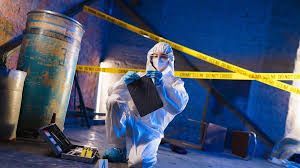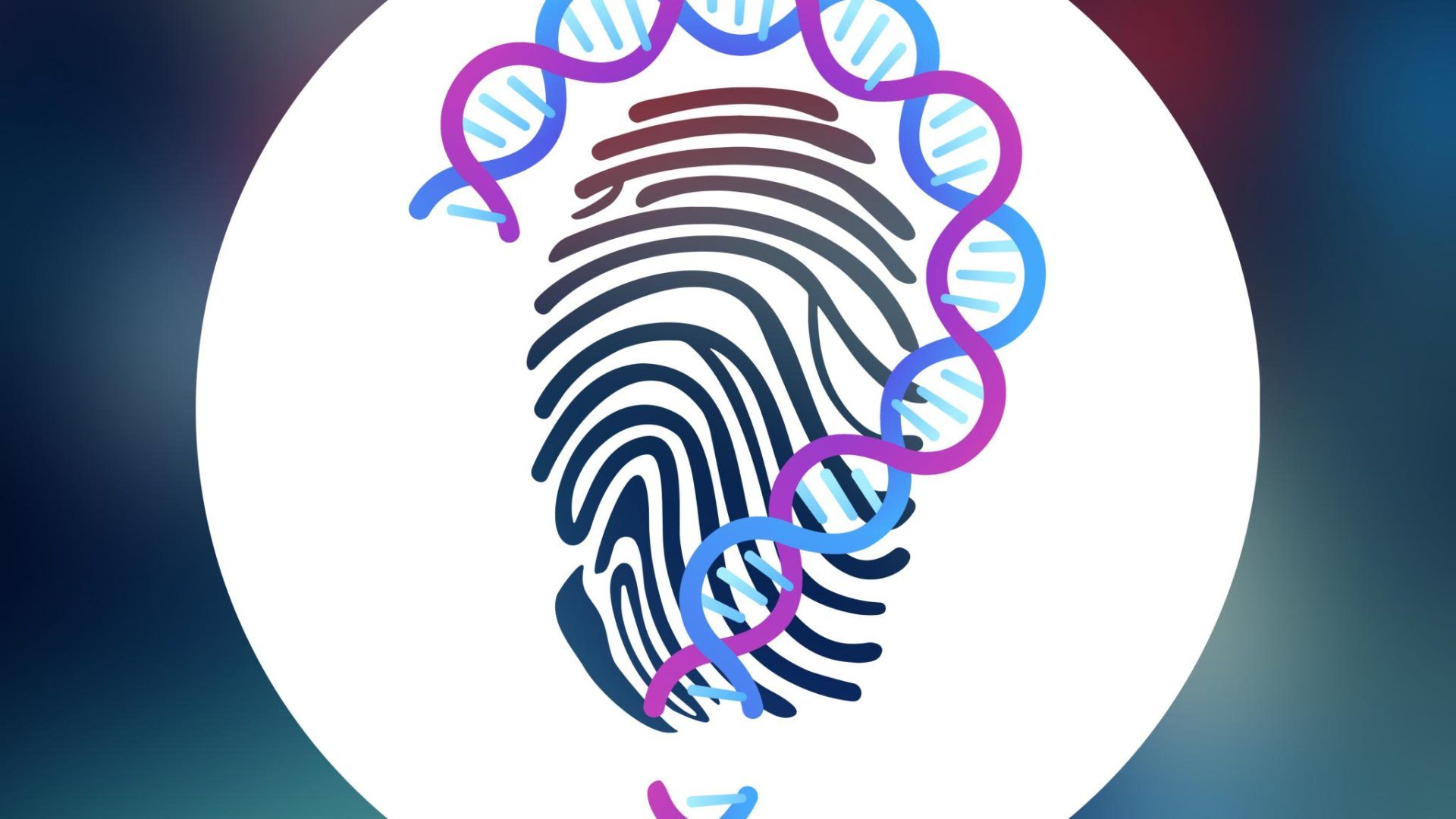Forensics and TheScientificWorld
Editorial: The Evolution and Impact of Forensic Science: A Reflection on DNA Profiling
At the dawn of the new millennium, according to Rowe, it's important to reflect on forensic science, a field established just over a century ago. Its roots trace back to 1887, with A. Conan Doyle's *A Study in Scarlet* popularised the importance of physical evidence, and Hans Gross’s *Handbuch für Untersuchungsrichter* outlined how various scientific fields can aid criminal investigations. Advances over the years include fingerprint analysis, forensic chemistry, and toxicology, with modern judicial systems relying more on scientific evidence than eyewitness accounts.
The most significant recent development is DNA profiling, which has drastically changed the criminal justice landscape. It allows for precise identification of suspects, narrowing possibilities from conventional tests to as low as 1 in 100 million. Techniques like polymerase chain reaction (PCR) enable analysis of small or degraded samples.
This technology promotes impartiality in forensic science and has exonerated many wrongfully convicted individuals. The FBI reports that about a third of DNA cases exclude the primary suspect. Organisations like the Innocence Project have used DNA to clear individuals of serious crimes, sparking crucial conversations about the death penalty and revealing issues of bias and incompetence among some law enforcement and forensic professionals.
Read more in the source.
Source: Rowe, Walter, Founding Editorial – Forensics and TheScientificWorld, The Scientific World Journal, 1, 731531, 4 pages, 2001. https://doi.org/10.1100/tsw.2001.299
Image: The-Scientist.com. https://cdn.the-scientist.com/assets/image/47970/03-25-forensics-banner-s.webp









